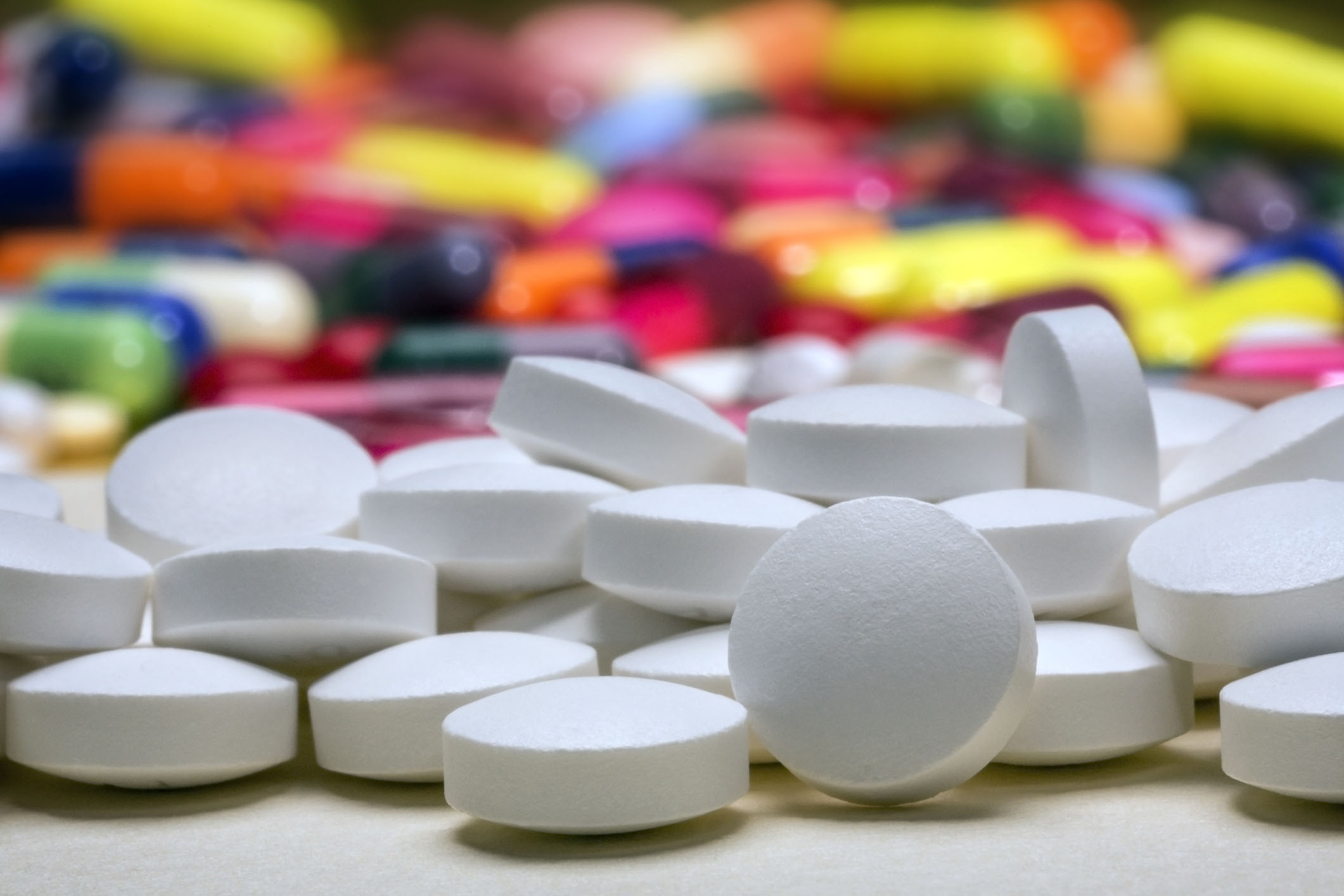teaser
In February 2011 the European Parliament voted in favour of a Directive on Falsified Medicines.
Falsified medicines are fake medicines that pass themselves off as real and authorised. They will not have passed through the necessary evaluation of quality, safety and efficacy required by EU law. Some will contain active ingredients which are of low quality. The manufacture of these so-called medicines is a growing world-wide illegal business. EU customs data indicates that the number of medicines seized between 2006-9 reached 7.5 million items. The problem used to be related mainly to life style medicines but now extends to innovative and life saving medicines against, for example, cardiovascular disease. These products are finding their way into legal supply chains in the EU. Falsified medicines are not to be confused with counterfeit medicines which are usually produced without patent rights and do not comply with EU law on intellectual and industrial property rights. The distinction is a fine one for lawyers. Both are potentially hazardous.
The Directive aims to prevent falsified medicines from reaching patients by introducing harmonised, pan-European safety and control measures. The measures will include an obligatory authenticity feature on outer packaging, tighter control over manufacturing plants, strengthened record keeping requirements by wholesale distributors, more inspections and an obligation to report suspected medicines.

Internet based sales are also dealt with. The Directive will call for an obligatory ‘trust’ mark on websites of legally operating online pharmacies. This is an idea some commentators would like see extended to all prescription medicines, but the practical difficulties are enormous. The logo of the Pharmaceutical Group of the European Union (PGEU) has twice been falsified by an illegal internet pharmacy from Russia to give the impression of legitimacy.
The Directive falls far short of harmonising the rules and regulations for online pharmacies within the EU. The question of whether and how medicines can be sold over the internet remains a decision for each member state to take. For most it remains in the too difficult box. The internet does not recognise national boundaries. Caveat Emptor . . . let the buyer beware!
Once approved by the Council of Ministers, the Directive must be transposed into national legislation by member states within eighteen months.
